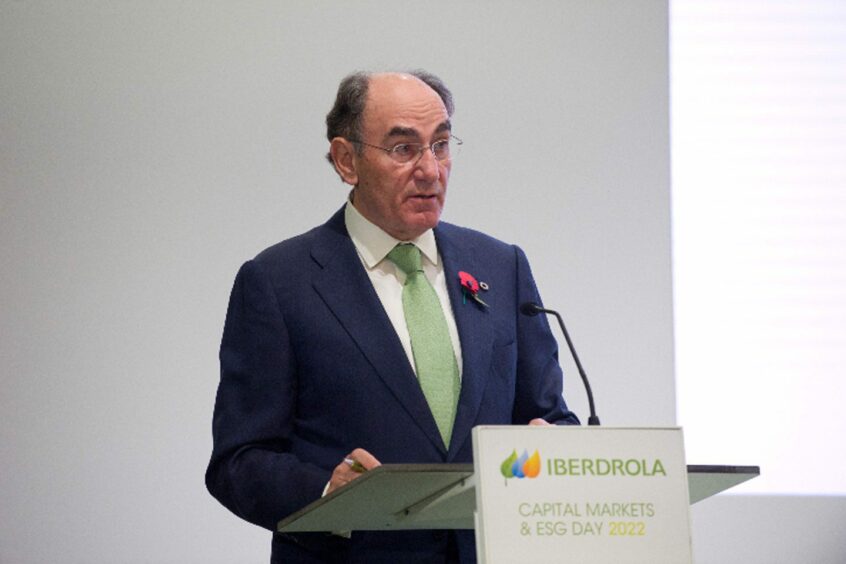
Europe’s electricity market has been operating for a long time and any potential reworking of the system should be evaluated very carefully, according to the continent’s largest utility.
The existing marginal mechanism, which sets power prices based on the production cost of the last plant needed to serve demand, “has been working for a very long time and an intervention could be risky,” Spain’s Iberdrola chairman Ignacio Sanchez Galan said in an interview in London. It may be possible to improve the system as the energy mix evolves.
While European countries have been rushing to secure enough natural gas before the winter months with Russian supplies curtailed following the invasion of Ukraine, the bloc is at the same time trying to de-link the gas price from that of power. Proposals to achieve this goal range from the introduction of a price cap – following the model employed in Spain and Portugal – to creating a separate, auction-based market for renewables only.
The Bilbao-based company’s views echo those of several European peers, including RWE. Interference in proven, market-driven systems should be avoided, Chief Financial Officer Michael Mueller told reporters Thursday.
“Where policy makers consider it absolutely necessary, any intervention should be limited to the duration of the crisis,” Mueller said.
Introducing measures to rein in soaring gas prices and rethink the use of the Netherlands’ Title Transfer Facility as the continental benchmark seems “logical,” Iberdrola’s Galan said.
Naturgy Energy Group Chairman Francisco Reynes has even called for an end to the use of the Dutch index. TTF prices, which are based on pipeline supplies, surged to record highs following the Russian cutbacks. Other European indexes such as Iberia’s Mibgas, which doesn’t take into account import prices, have experienced a lesser impact.
While facing uncertainty in Europe, Iberdrola has decided to focus on the US, where “a framework of stability” favors investment, said Galan. The utility has allocated the largest share of its capital expenditure over the next three years to expand its electricity network in the country, while reducing funds earmarked for its home market.
